“[Y]ou will grieve, but your grief will become joy.”
Christ’s words here are part of the Last Supper Discourse, His final words of wisdom for His Apostles at the Last Supper, just before His death on the Cross. He is confirming that they will experience anguish like His – not only at His death, but also later in life, when all of them except John the Beloved would become martyrs.
And surely, as Our Lord spoke these words, He was also thinking of His own Passion. In mere hours, He would be in the Garden of Gethsemane, pleading with the Father on His knees to let the cup of suffering pass. And then He would accept it. In the twenty-four hours after that, He would be betrayed by one of His closest friends, sentenced to death in place of a murderous rebel, scourged and mockingly crowned, driven through the streets in shame, and crucified between two criminals, abandoned by all His Apostles except John.
Christ knew all this, and yet He accepted the cup of His Passion willingly, because He loves us desperately, and His joy in saving us outweighs His grief. He was in anguish during His hour, yet I wonder if, like a woman in labor, He too “no longer remembers the pain” due to the joy He experiences when even one soul chooses to love Him and follow Him. His is a joy that endures beyond all grief. And He promises the same for us.
“Amen, Amen, I say to you.” The word “Amen” means “it is so” or “it shall be so.” Not “I hope so” or “I’d like that.” No, the word “Amen” carries a certainty that is almost unparallel in any other language. And Christ says it twice here, indicating the greatness of His promise: the promise of enduring joy.
“I will see you again, and your hearts will rejoice, and no one will take your joy away from you.” A three-fold promise: Christ will come to His faithful, they will rejoice, and their joy they experience will be unshaken.
Following Him means taking the path He took. Loving Him means suffering as He suffered. We will experience great grief in this life, but there is more to the story, and that is the key – “your grief will become joy.” Not “it might.” It will. “Amen, amen, I say to you…”
This is the infallible hope of the Christian. Our joy does not come from worldly success or even spiritual consolation. Even if our lives are nothing but grief here on earth, that does not determine our eternity. Our joy comes from Christ’s promise. If we follow Him, we will emerge beyond grief into His joy. There will be grief, and that grief will become joy. Of those two things we can be absolutely certain – and the second part is infinitely more important. It is the promise of eternity with Him.
Contact the author
“Ustedes estarán tristes, pero su tristeza se transformará en alegría”.
Las palabras de Cristo aquí son parte del Discurso de la Última Cena, Sus últimas palabras de sabiduría para Sus Apóstoles en la Última Cena, justo antes de Su muerte en la Cruz. Él está confirmando que ellos experimentarán una angustia como la Suya – no sólo en Su muerte, sino también más tarde en la vida, cuando todos ellos excepto Juan el Amado se convertirían en mártires.
Y seguramente, cuando Nuestro Señor pronunció estas palabras, Él también estaba pensando en Su propia Pasión. En pocas horas, Él estaría en el Huerto de Getsemaní, suplicando al Padre de rodillas que dejara pasar la copa del sufrimiento. Y luego la aceptaría. En las veinticuatro horas siguientes, Él sería traicionado por uno de Sus amigos más cercanos, sentenciado a muerte en lugar de un rebelde asesino, azotado y coronado burlonamente, conducido por las calles en vergüenza, y crucificado entre dos criminales, abandonado por todos Sus Apóstoles excepto Juan.
Cristo sabía todo esto, y sin embargo aceptó voluntariamente el cáliz de su Pasión, porque nos ama desesperadamente, y su alegría al salvarnos supera su dolor. Estuvo angustiado durante su hora, pero me pregunto si, como una mujer en labor de parto, Él también “ya no recuerda el dolor” debido a la alegría que experimenta cuando incluso una sola alma elige amarlo y seguirlo. La suya es una alegría que perdura más allá de todo dolor. Y Él promete lo mismo para nosotros.
“Amén, amén, les digo” (en la Misa la traducción dice “Les aseguro…”) La palabra “Amén” significa “así es” o “que así sea”. No “espero que así sea” o “me gustaría que así sea”. No, la palabra “Amén” trae consigo una certeza que casi no tiene paralelo en ningún otro idioma. Y Cristo lo dice dos veces aquí, indicando la grandeza de su promesa: la promesa de alegría duradera.
“[L]os volveré a ver, se alegrará su corazón y nadie podrá quitarles su alegría”. Una promesa triple: Cristo vendrá a sus fieles, ellos se alegrarán, y experimentarán un gozo inquebrantable.
Seguirlo significa seguir el camino que Él siguió. Amarlo significa sufrir como Él sufrió. Experimentaremos un gran dolor en esta vida, pero la historia no se acaba allí, y esa es la clave: “su tristeza se transformará en alegría”. No “podría ser”. Así va a ser. “Amén, amén, les digo…”
Ésta es la esperanza infalible del cristiano. Nuestro gozo no proviene del éxito mundano y ni siquiera del consuelo espiritual. Incluso si nuestras vidas no son más que dolor aquí en la tierra, eso no determina nuestra eternidad. Nuestro gozo proviene de la promesa de Cristo. Si lo seguimos, surgiremos no en el dolor sino en su gozo. Habrá dolor, y ese dolor se convertirá en gozo. De esas dos cosas podemos estar absolutamente seguros, y la segunda parte es infinitamente más importante. Es la promesa de la eternidad con Él.
Comunicarse con la autora
 Dr. Alexis Dallara-Marsh is a board-certified neurologist who practices in Bergen County, NJ. She is a wife to her best friend, Akeem, and a mother of four little ones on Earth and two others in heaven above.
Dr. Alexis Dallara-Marsh is a board-certified neurologist who practices in Bergen County, NJ. She is a wife to her best friend, Akeem, and a mother of four little ones on Earth and two others in heaven above.
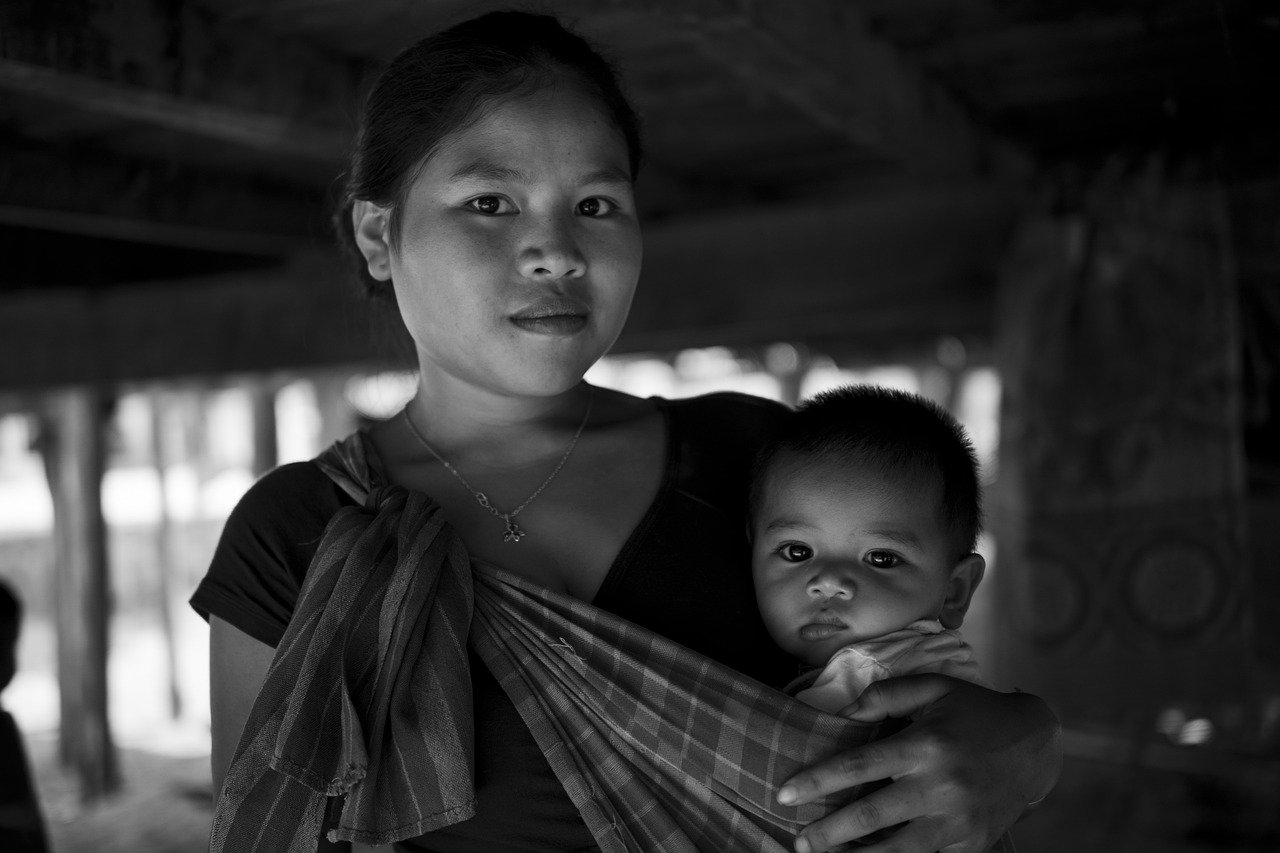
 Elizabeth Tomlin is the author of Joyful Momentum: Building and Sustaining Vibrant Women’s Groups and contributing author to the Ave Prayer Book for Catholic Mothers. She is General Counsel for the Archdiocese for the Military Services, USA. Elizabeth is an Army wife and mother of three and currently lives in Oklahoma. You can find her at @elizabethannetomlin on social media and she blogs at
Elizabeth Tomlin is the author of Joyful Momentum: Building and Sustaining Vibrant Women’s Groups and contributing author to the Ave Prayer Book for Catholic Mothers. She is General Counsel for the Archdiocese for the Military Services, USA. Elizabeth is an Army wife and mother of three and currently lives in Oklahoma. You can find her at @elizabethannetomlin on social media and she blogs at 
 Hailing from Nashville, Catherine is a graduate of Christendom College with a lifelong passion for words. Her love of writing and her Catholic Faith continue to shape her as a freelance editor, copywriter, and (aspiring) novelist, where she pursues her passions for the love and greater glory of God.
Hailing from Nashville, Catherine is a graduate of Christendom College with a lifelong passion for words. Her love of writing and her Catholic Faith continue to shape her as a freelance editor, copywriter, and (aspiring) novelist, where she pursues her passions for the love and greater glory of God.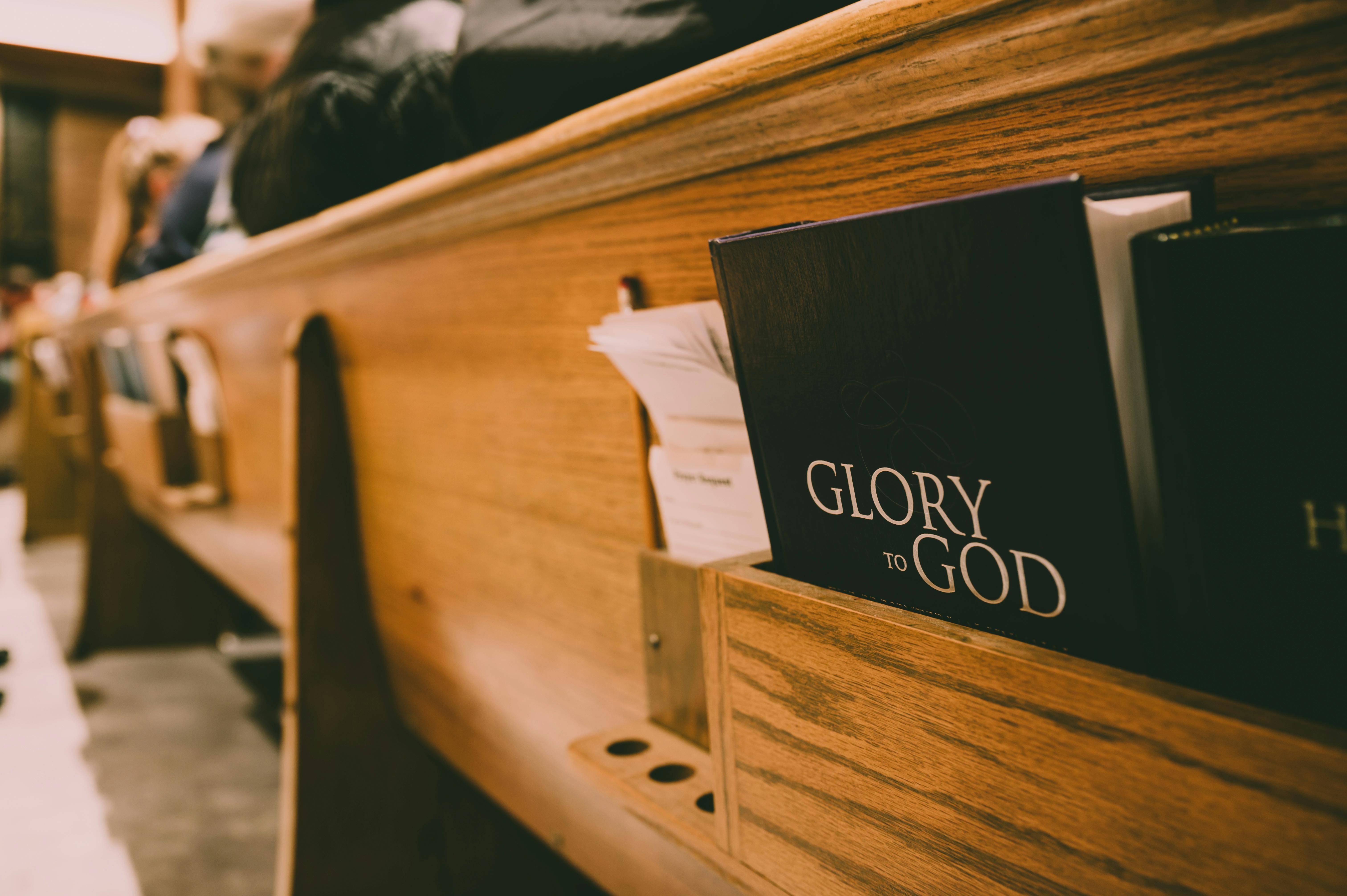
 Kate Taliaferro is an Air Force wife and mother. She is blessed to be able to homeschool, bake bread and fold endless piles of laundry. When not planning a school day, writing a blog post or cooking pasta, Kate can be found curled up with a book or working with some kind of fiber craft. Kate blogs at
Kate Taliaferro is an Air Force wife and mother. She is blessed to be able to homeschool, bake bread and fold endless piles of laundry. When not planning a school day, writing a blog post or cooking pasta, Kate can be found curled up with a book or working with some kind of fiber craft. Kate blogs at 
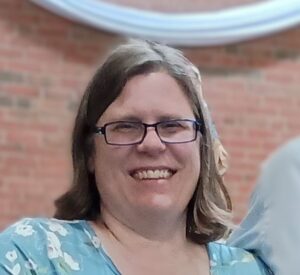 Tami Urcia is a midwestern gal from a large Catholic family. As a young adulthood she was a missionary in Mexico, where she studied theology and philosophy. After returning stateside bilingual, she gained a variety of work experience, traveled extensively and finished her Bachelor’s Degree at Brescia University. She loves organizing and simplifying things, watching her children play sports, deep conversations with close family and friends and finding unique ways to brighten others’ day with Christ’s love. She works full time at Diocesan in the Software Department and manages the Inspiration Daily reflections. She is also a contributing writer on
Tami Urcia is a midwestern gal from a large Catholic family. As a young adulthood she was a missionary in Mexico, where she studied theology and philosophy. After returning stateside bilingual, she gained a variety of work experience, traveled extensively and finished her Bachelor’s Degree at Brescia University. She loves organizing and simplifying things, watching her children play sports, deep conversations with close family and friends and finding unique ways to brighten others’ day with Christ’s love. She works full time at Diocesan in the Software Department and manages the Inspiration Daily reflections. She is also a contributing writer on 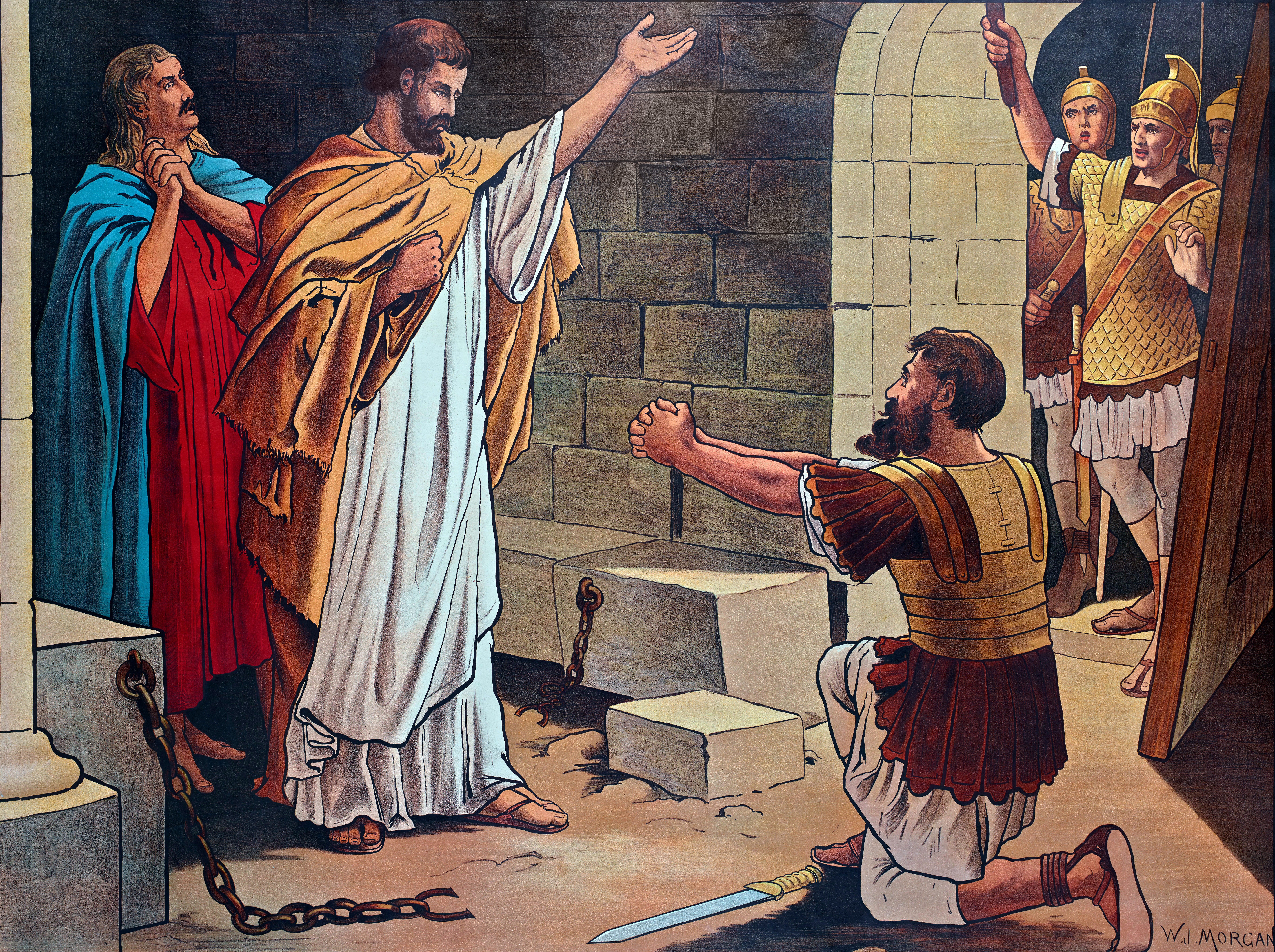
 Deacon Dan Schneider is a retired general manager of industrial distributors. He and his wife Vicki have been married for over 55 years. They are the parents of eight children and thirty-one grandchildren. He has a degree in Family Life Education from Spring Arbor University. He was ordained a Permanent Deacon in 2002. He has a passion for working with engaged and married couples and his main ministry has been preparing couples for marriage.
Deacon Dan Schneider is a retired general manager of industrial distributors. He and his wife Vicki have been married for over 55 years. They are the parents of eight children and thirty-one grandchildren. He has a degree in Family Life Education from Spring Arbor University. He was ordained a Permanent Deacon in 2002. He has a passion for working with engaged and married couples and his main ministry has been preparing couples for marriage.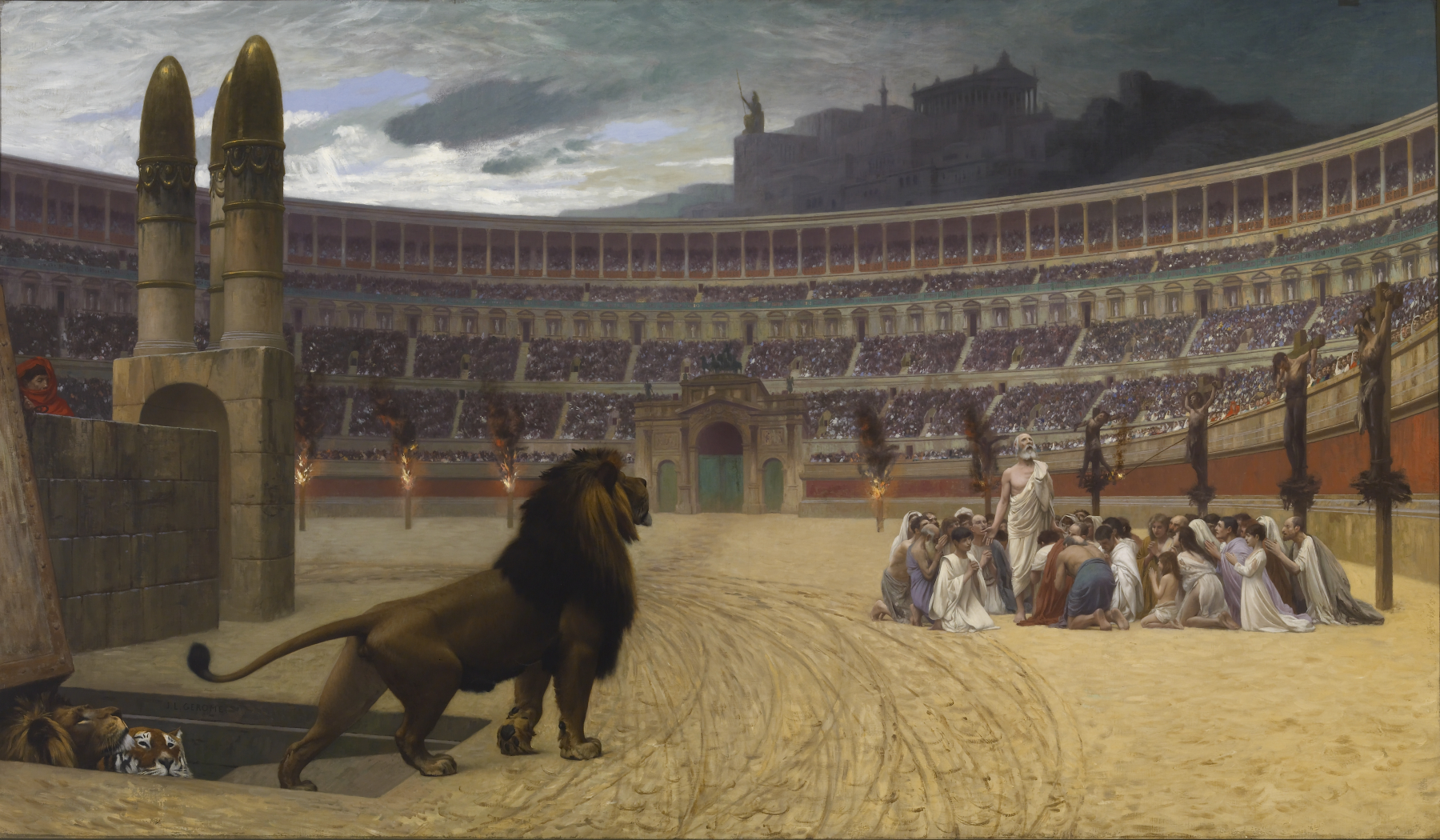
 Former NPS Park Ranger, Catholic educator, and Youth Minister, Melissa Lucca now spends her days evangelizing family and neighbors as a stay-at-home mom. She holds an MA in Theology from the Augustine Institute and pursues personal study in her spare time. Melissa loves Ignatian Spirituality, Mother Mary, and rock climbing. If you don’t hear her and her kiddo laughing at home, then they are probably out on an adventure!
Former NPS Park Ranger, Catholic educator, and Youth Minister, Melissa Lucca now spends her days evangelizing family and neighbors as a stay-at-home mom. She holds an MA in Theology from the Augustine Institute and pursues personal study in her spare time. Melissa loves Ignatian Spirituality, Mother Mary, and rock climbing. If you don’t hear her and her kiddo laughing at home, then they are probably out on an adventure!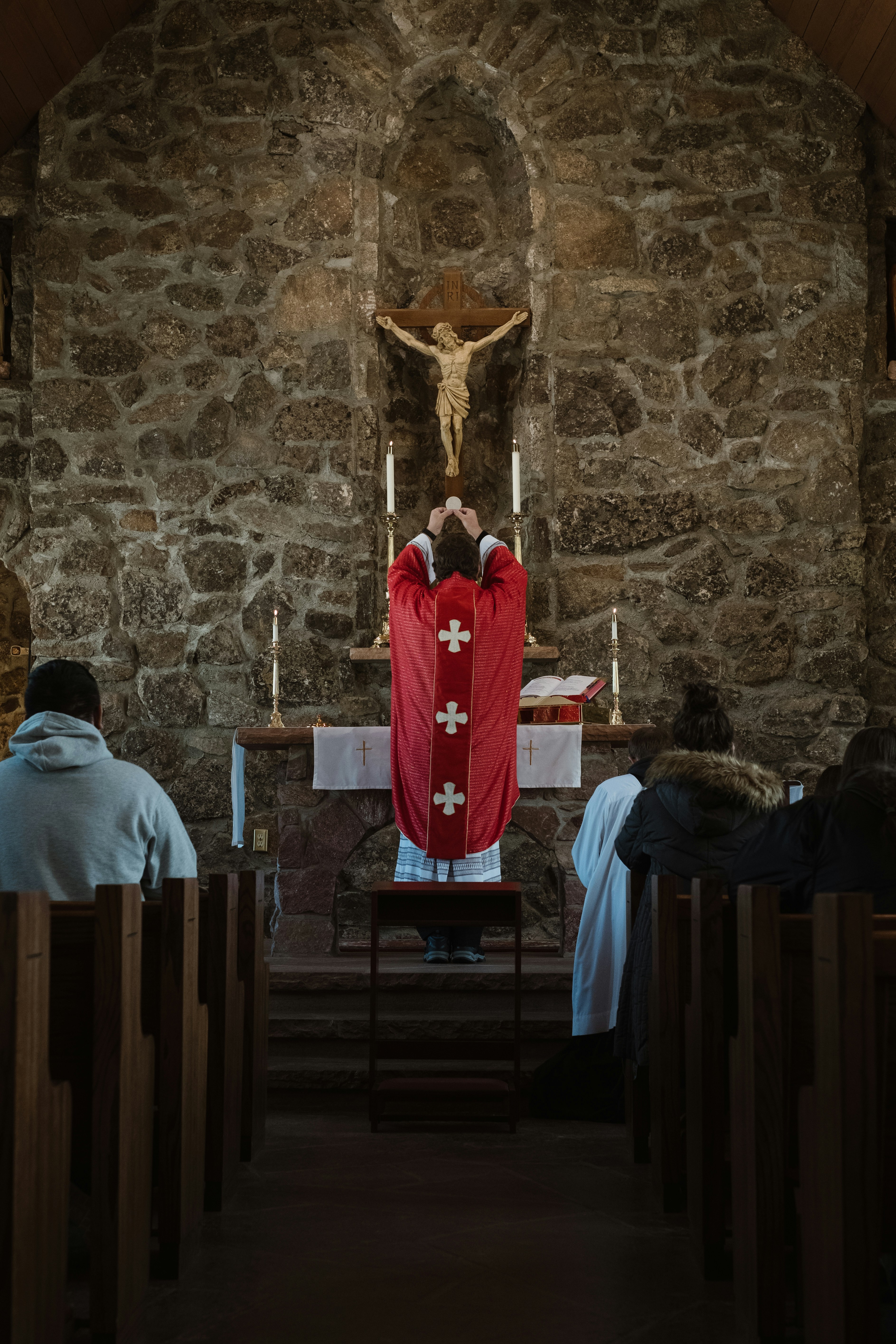
 Kathryn Mulderink, MA, is married to Robert, Station Manager for Holy Family Radio. Together they have seven children (including Father Rob), and eleven grandchildren. She is President of the local community of Secular Discalced Carmelites and has published five books and many articles. Over the last 30 years, she has worked as a teacher, headmistress, catechist, Pastoral Associate, and DRE, and as a writer and voice talent for Catholic Radio. Currently, she serves the Church by writing and speaking, and by collaborating with various parishes and to lead others to encounter Christ and engage their faith. Her website is
Kathryn Mulderink, MA, is married to Robert, Station Manager for Holy Family Radio. Together they have seven children (including Father Rob), and eleven grandchildren. She is President of the local community of Secular Discalced Carmelites and has published five books and many articles. Over the last 30 years, she has worked as a teacher, headmistress, catechist, Pastoral Associate, and DRE, and as a writer and voice talent for Catholic Radio. Currently, she serves the Church by writing and speaking, and by collaborating with various parishes and to lead others to encounter Christ and engage their faith. Her website is 
 Pamela Kavanaugh is a grateful wife, mother, and grandmother who has dedicated her professional life to Catholic education. Though she has done her very best to teach her students well in the subjects of language and religion, she knows that she has learned more than she has taught. She lives, teaches, and writes in southwest suburban Chicago.
Pamela Kavanaugh is a grateful wife, mother, and grandmother who has dedicated her professional life to Catholic education. Though she has done her very best to teach her students well in the subjects of language and religion, she knows that she has learned more than she has taught. She lives, teaches, and writes in southwest suburban Chicago.

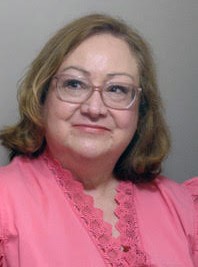 Christine Arata is a San Francisco, California native. She lives a few blocks away from the ocean and a park. She finds nature inspiring. Her cat brings her comfort. She loves being creative not only with her writing but with almost everything, including her home cooking. Her studies in the Catholic faith are ongoing. In 2019, when she discovered St. Hildegard of Bingen was underrepresented by Catholics, she found a purpose. Her latest website, St. Hildegard’s Wisdom features blog posts about all of that:
Christine Arata is a San Francisco, California native. She lives a few blocks away from the ocean and a park. She finds nature inspiring. Her cat brings her comfort. She loves being creative not only with her writing but with almost everything, including her home cooking. Her studies in the Catholic faith are ongoing. In 2019, when she discovered St. Hildegard of Bingen was underrepresented by Catholics, she found a purpose. Her latest website, St. Hildegard’s Wisdom features blog posts about all of that: 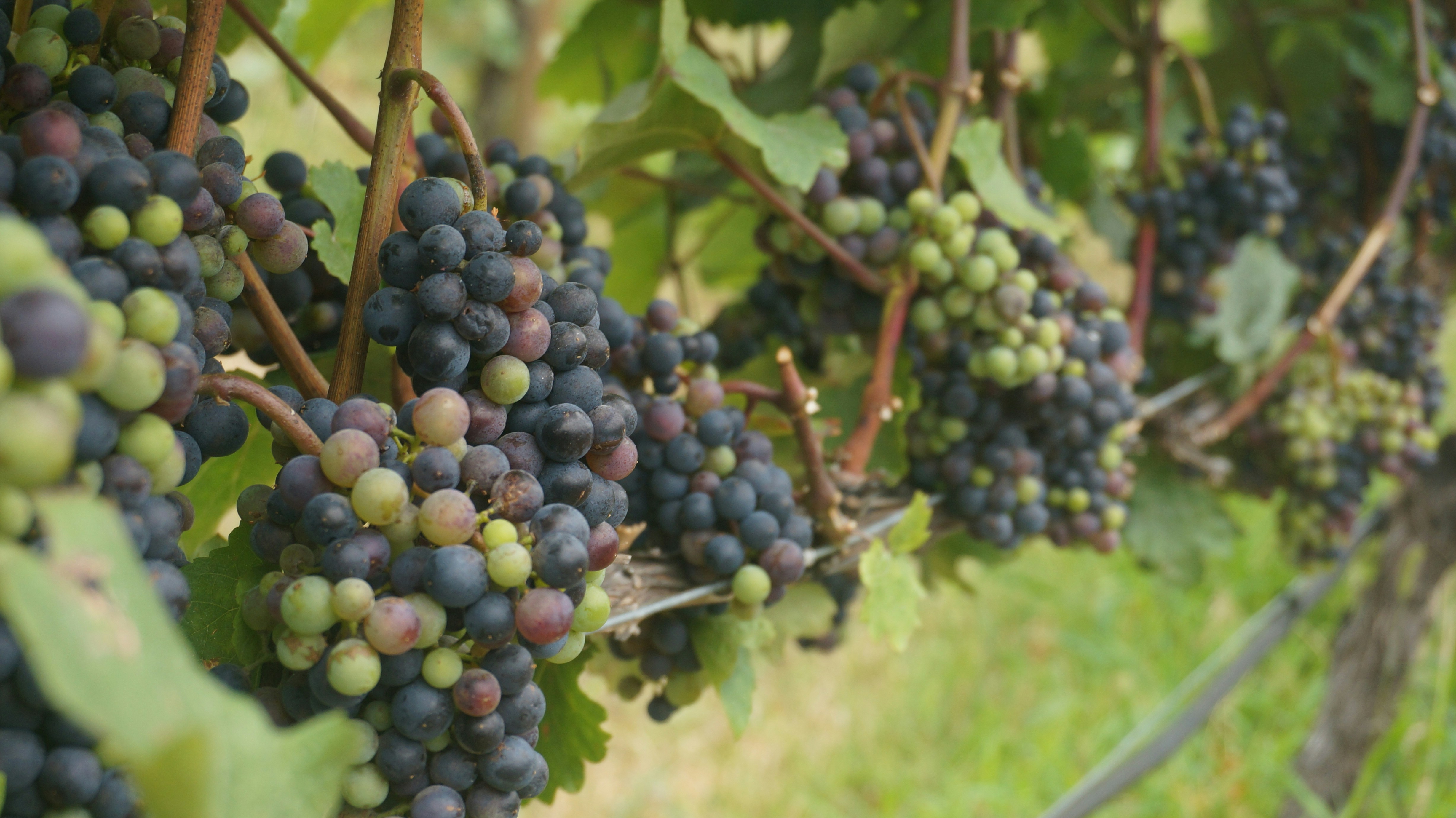
 Deanna G. Bartalini, M.Ed.; M.P.A., is a certified spiritual director, writer, speaker and content creator. The
Deanna G. Bartalini, M.Ed.; M.P.A., is a certified spiritual director, writer, speaker and content creator. The 